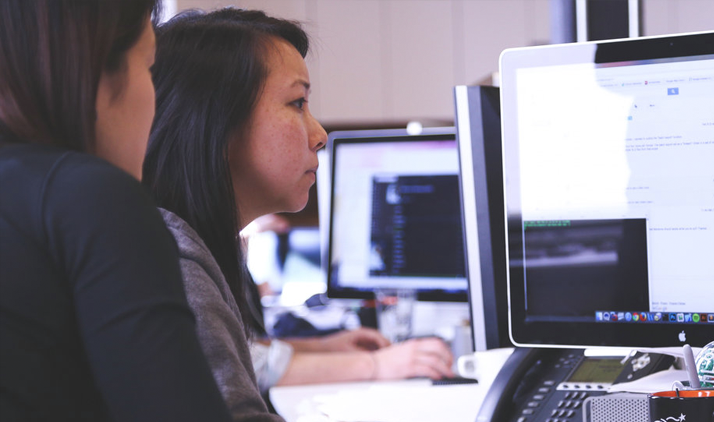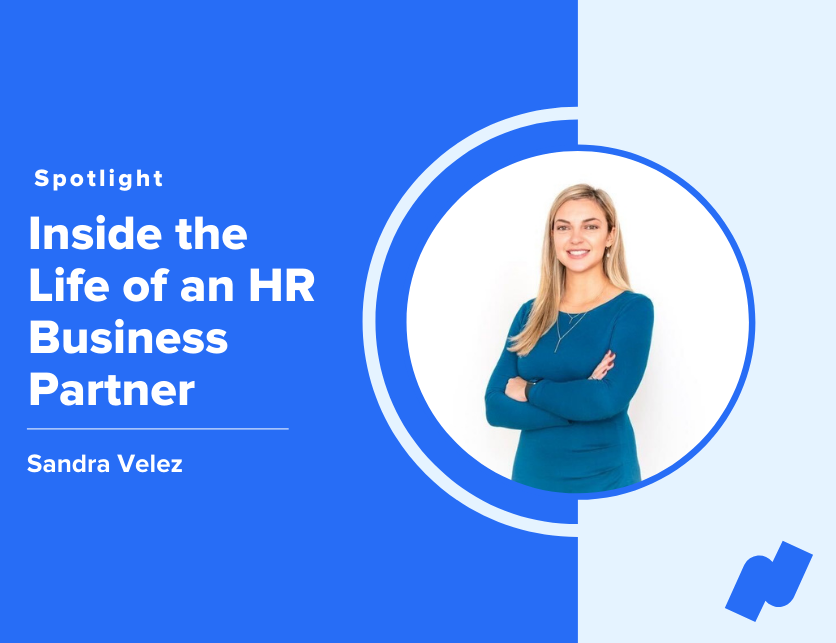
3 Steps to Hacking Your Productivity

What makes us more productive? Is it when we narrow in on a task in the one particular way we work best, or is it when we open ourselves up to multiple ways of thinking to tackle a problem—maybe with outside help? It’s an interesting question because it’s wrapped up in the definition of productivity itself. Let's start with an example.
Productivity Equals Speed—Or Does It?
I was just speaking with a client who had a huge preference towards conceptual thinking, that is, seeing the underlying patterns and connections in situations and problems. He was focusing on developing a whitepaper for his own clients on major industry trends. As a big-picture thinker and visionary, this kind of work and output was compelling to him and he created the whitepaper on time, with incredibly high quality. You could say that he was highly productive in this task. He narrowed his focus to the kind of imaginative output that worked well for his brain.
From a different perspective, though, he noticed that while clients found the whitepaper valuable, they were unsure what to do with the information. There was a structural, practical element that was missing in his writing, as well as the whitepaper’s structure. Ultimately, the company decided to fix the content gap, but it meant a version 2.0 of the piece and more time sunk into it. Overall, the end product was more difficult to produce and a less productive endeavor for the company.
The point is that productivity isn’t always about getting something done and out the door. Productivity means actually producing outputs that create the right kind of value. That’s where an understanding of a more holistic perspective on work can help leaders and teams be more productive.
The Generalist vs. The Specialist
I listened to a podcast by noted author and thinker Tim Ferriss, most famous for his concept of the 4-hour workweek, which in essence is about being more productive and satisfied. He made a fairly provocative assertion that we should not be specialists, but rather should focus on being generalists. “Specialization is for insects!” he said. This is hard, because with competition as fierce as it is in every industry, it seems foolish and unproductive to not push solely to the point of specialization and expertise. But generalization can make sense when it takes us out of a narrow mindset or perspective and introduces new ideas or ways of thinking.
While being a generalist in practice may be tough (it’s hard, after all, to become a quasi-expert on many things instead of a real expert on one or two), the idea that we can utilize a broader mindset or pool of resources to gain a different perspective is critical. That’s not a new idea, but connecting it to productivity is pretty unique.
Just think about how much more productive you could be if you truly understood the various ramifications—from many perspectives—of a particular plan you’ve laid out. In the case of my client, they ultimately lost productivity because the output wasn’t developed from a truly diverse enough perspective and it required additional work on the backend to get a high quality product. For their clients, of course, this was the right move—making a good product even better and going the extra mile.
For the company, though, it was a learning experience. So, how can you become more productive by gaining more diverse perspectives?
1. Understand your go-to approach for completing a task.
This is what gets you going on being productive right out of the gate.
2. Know what knowledge gaps you may be missing.
Recognize the other methods available for solving your problem, and what areas of the problem itself you’re less educated about. If you don’t think about things naturally from a big-picture level, have that in your mind as you begin working.
3. Find information or people who can fill those gaps.
This is about cognitive and behavioral diversity, where work on the front-end of getting out of your cognitive comfort zone (e.g. opening yourself up to new ways of working) pays big dividends on the back end for overall productivity.
Productivity is all about knowing how to work smarter and not harder—and getting broader inputs from yourself and others is a great way to do just that.

See how Namely's flexible solution will help you streamline your HR processes by having your people, payroll, and benefits info all in on place.
Get a demoYou May Also Like
Get the latest news from Namely about HR, Payroll, and Benefits.
Thanks for subscribing!


Get the latest news from Namely about HR, Payroll, and Benefits.
Thanks for subscribing!



